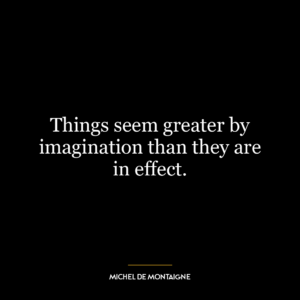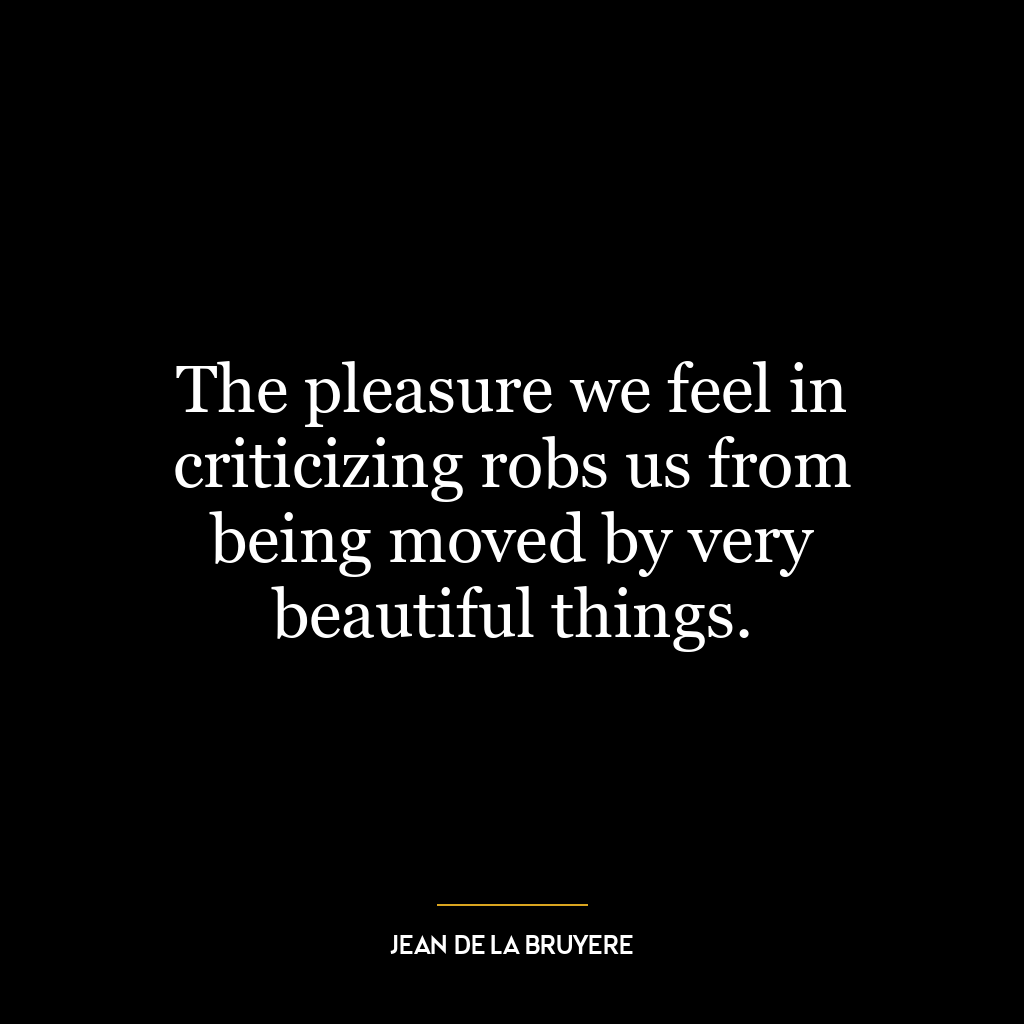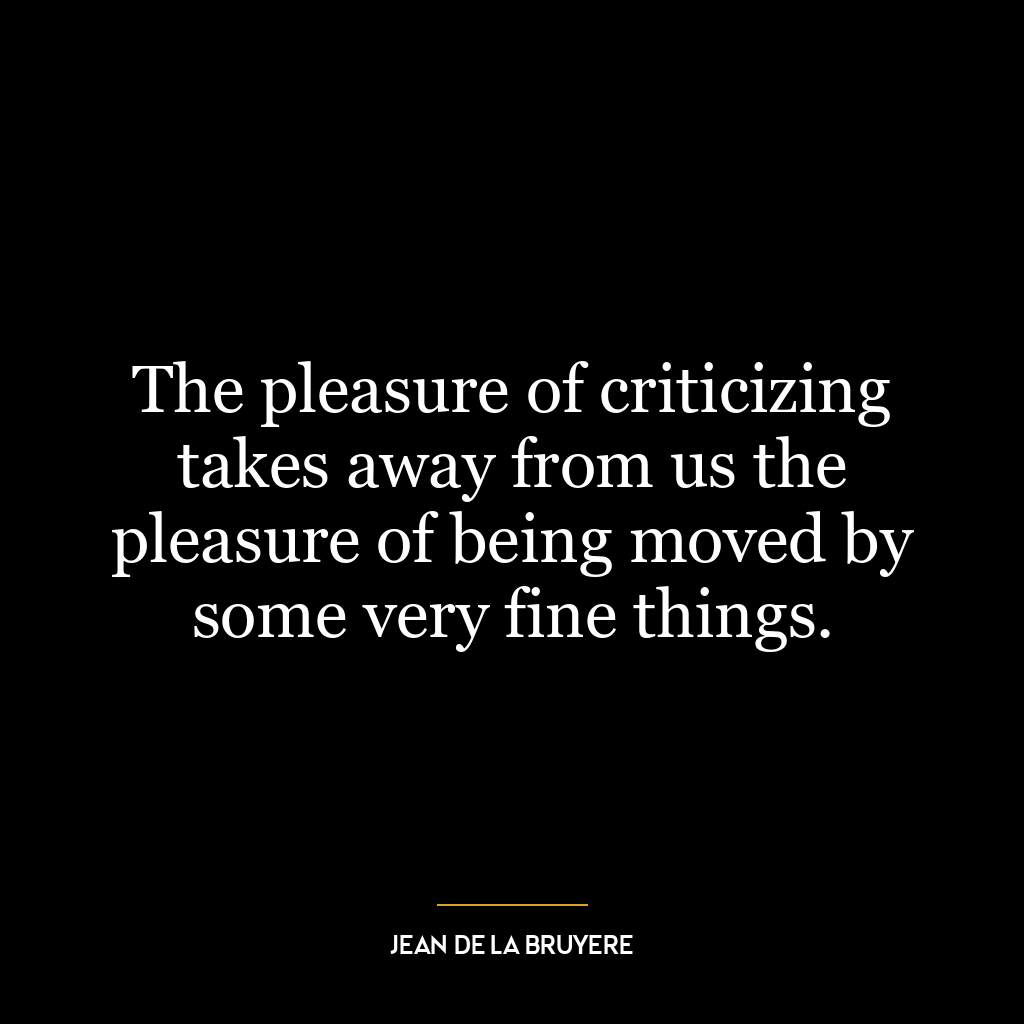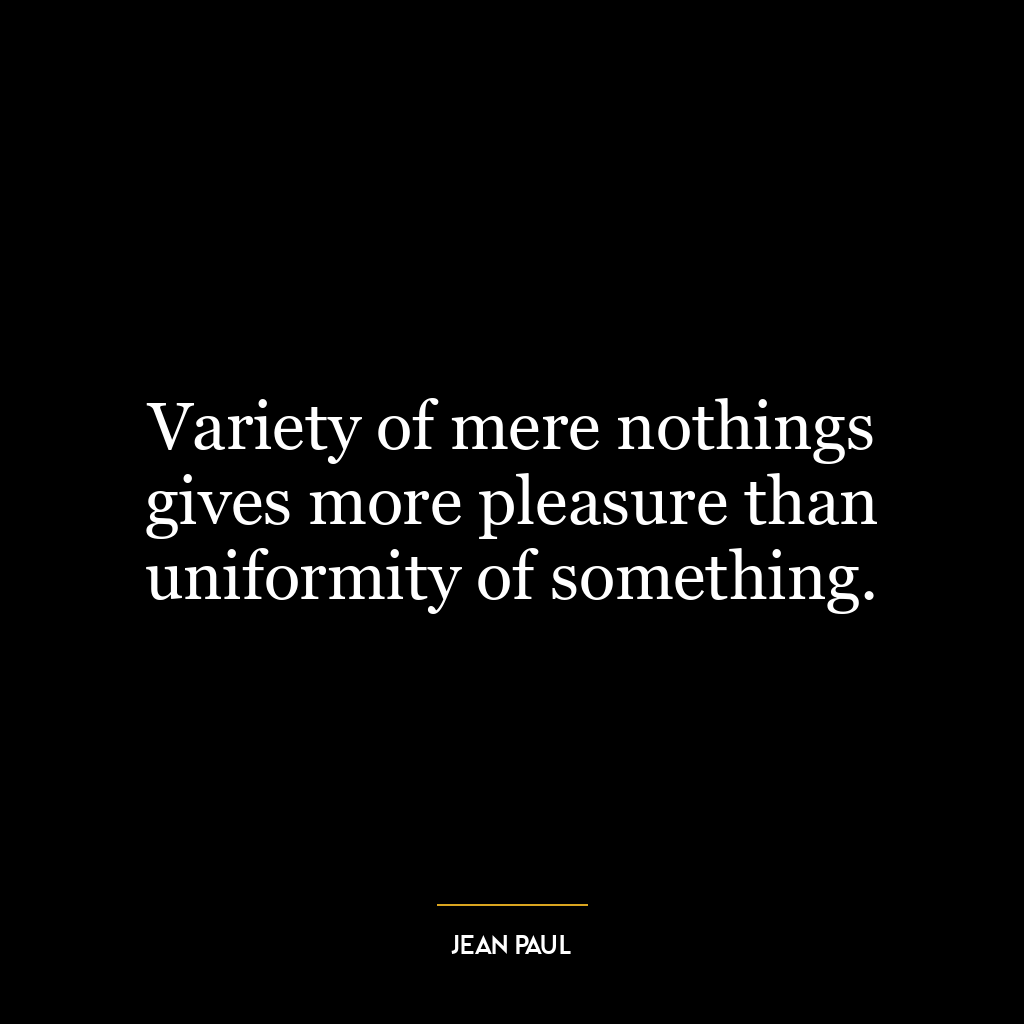This quote suggests that the ultimate goal of all human actions and desires is to seek pleasure. It encapsulates the idea that regardless of our diverse opinions, backgrounds, or cultures, we are all essentially driven by our pursuit for pleasure. This pleasure can take various forms – it could be physical gratification, emotional satisfaction, intellectual stimulation or spiritual fulfillment.
The concept also aligns with the philosophical doctrine of Hedonism which posits that happiness or pleasure is the highest good and aim of human life. However, Montaigne doesn’t necessarily imply a self-indulgent or reckless pursuit of momentary pleasures. Instead, he proposes a more balanced perspective where one seeks out positive experiences and joy while avoiding unnecessary pain.
In today’s world this could translate into striving for a healthy work-life balance where one pursues career goals (intellectual satisfaction) but also makes time for leisure activities (physical gratification), nurturing relationships (emotional satisfaction), and perhaps meditation or mindfulness practices (spiritual fulfillment).
In terms of personal development, this quote encourages us to recognize what truly brings us joy and to pursue those activities more wholeheartedly. It may involve identifying passions outside work that bring happiness; prioritizing mental health alongside physical well-being; investing in meaningful relationships; continuously learning new skills; seeking out experiences over material possessions etc.
However, it’s important not to interpret this quote as an endorsement for hedonistic lifestyle marked by excessive indulgence in sensual pleasures without considering potential negative consequences on health or social relations. Rather it should serve as a reminder to make choices that add value and joy to our lives in a sustainable manner while considering long-term impacts on our overall well-being.













